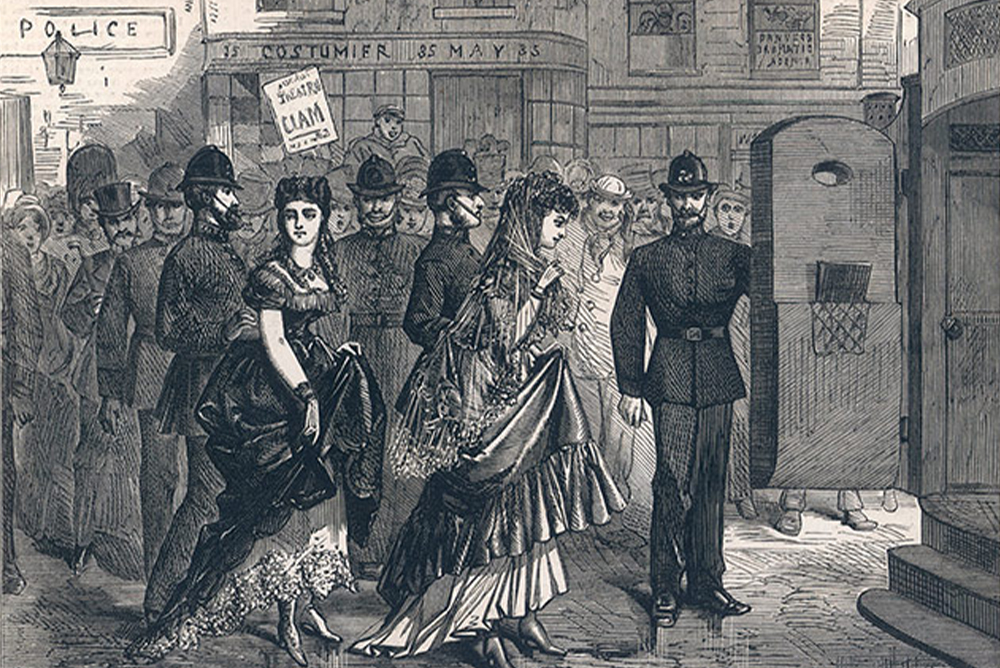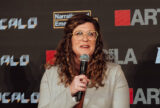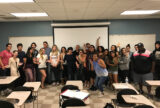When Victorian Newspapers Put Gender-Bending on Trial
1870s Press Covered an Otherwise Trivial Case as Breathlessly—and Dangerously—as Today’s Trans Stories
In 1870, Ernest Fanny Boulton and Frederick Stella Park were arrested in London. Their crime? Presenting as women outside their theatrical act.
Fanny and Stella had appeared in newspapers before, known for their colorful personas as entertainers, sometimes praised and sometimes criticized for their performances. Boulton was revered for being the “best amateur performer off the boards,” while Park had a talent for interpreting matrons, dowagers, and old women in pantomimes. As long as their gender-bending impersonating talents were put to the good use of gentlemanly entertainment, there was nothing wrong …










